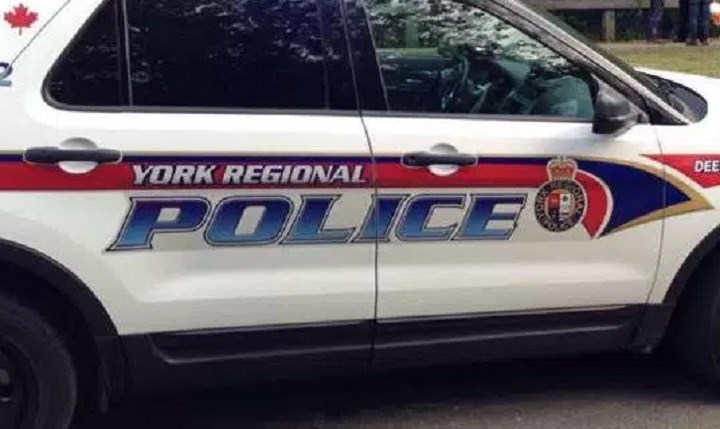York Regional Police is using a new method for handling mental health-related calls that Chief Jim MacSween calls a "game-changer" for policing.
The COVID-19 pandemic prompted the change in call diversion that has proven remarkably effective in a short amount of time, he told regional council Oct. 22.
“This is a model that I believe is the future state for any police organization,” MacSween said. “It’s how we can move ourselves away from the business of mental health and place it where it really needs to be: in public health.”
The force has created a new mental health diversion unit that the chief believes is something other police forces will want to emulate.
Since 2014, the force has had mental health support teams made up of a frontline officer paired with a crisis support worker from York Support Services Network. These teams have responded in person to mental health calls to de-escalate or triage the situation before getting the person in crisis connected with needed support.
But with COVID-19 and physical distancing requirements, the force had to find ways to limit in-person interactions between its officers and the community.
The crisis management workers from the mental health teams were taken off the frontline entirely during this time. They were then tasked with managing the lower priority calls over the phone and coordinating with other community agencies, MacSween explained.
“(They took) way those priority three and four calls, so officers didn’t have to respond. This allowed them to respond to just the higher priority calls where the public’s safety was an issue,” added MacSween.
The results were immediate. In those first few weeks of the pandemic, 192 mental health calls came in, and the new diversion unit was able to triage 70 per cent of them without frontline officers needing to become involved.
If that rate of success is applied to the roughly 5,000 mental health calls that came in during 2019, that would be 3,500 calls diverted away from armed police response, he said. If the mental health support teams respond in-person and help divert another 15 per cent of calls to mental health services, that figure becomes 4,200.
Further positive results would occur if a York Region mental health and addictions hub was created, which MacSween urged councillors to lobby for on Thursday.
Community partners, including York Region hospitals, police, paramedics, community agencies and politicians, have worked together for several years to consider ways to better address mental health and addiction emergencies in York Region. The group has submitted a funding proposal to the province for a mental health and addictions hub model.
“We see this as a significant step forward in moving people away from primary response to mental health and allowing it to be managed in the most appropriate way, so people suffering from a mental health crisis or issue get the effective help that they need,” the police chief said.
“It also minimizes contact with policing because we know if there’s less contact, there’s less opportunity for the use of force. That just benefits everyone.”



